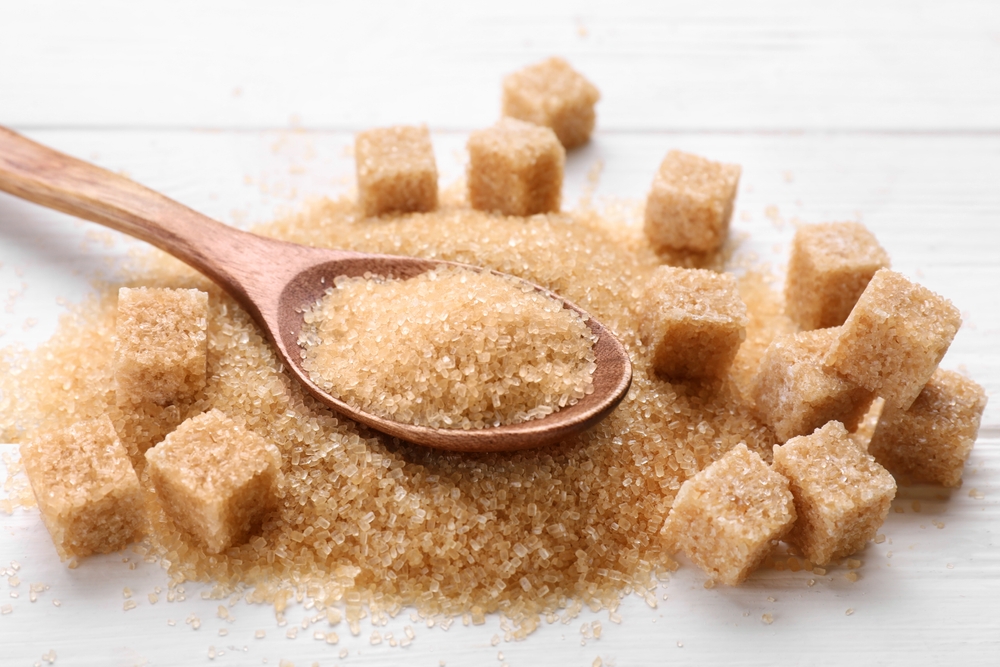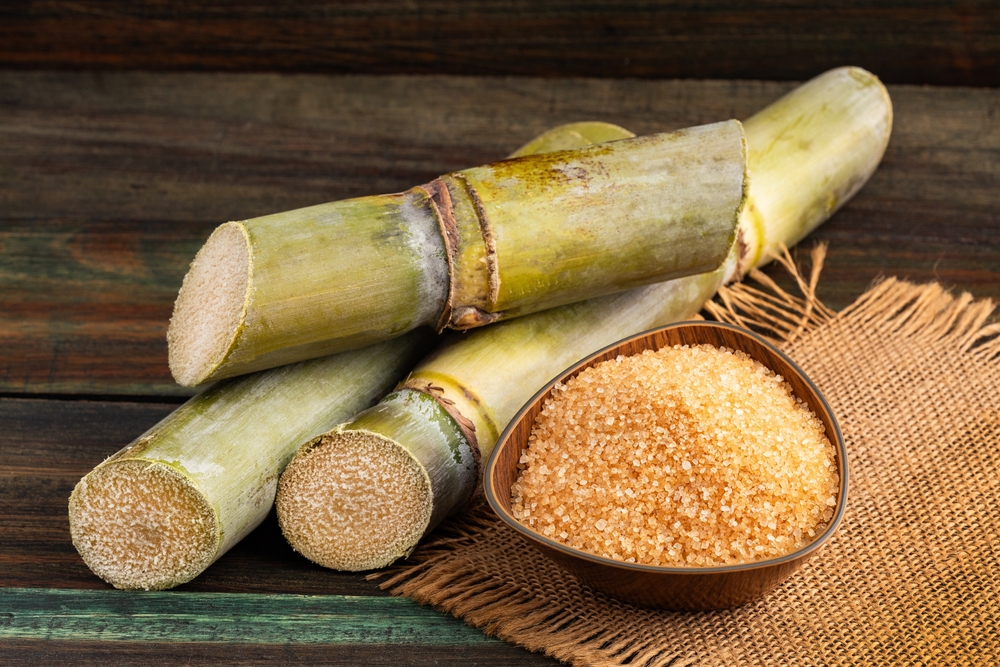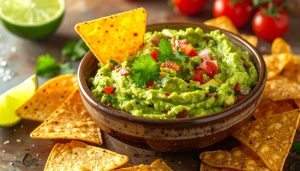Is brown sugar good for weight loss?
No—brown sugar is nutritionally almost identical to white sugar, contains virtually the same calories, and offers no meaningful weight loss benefits.
Keep reading to understand why this common misconception exists and what you should actually do if you're serious about losing weight.
The Short Answer: Brown Sugar Won't Help You Lose Weight
If you're reaching for brown sugar thinking it'll give you an edge in weight loss, here's what you need to know: it won't.
Brown sugar and white sugar are nutritionally almost identical twins.
The differences between them are so tiny that they have zero practical impact on whether you lose, gain, or maintain weight.
This misconception runs deep.
Walk into any health food store or scroll through wellness blogs, and you'll find brown sugar positioned as the “healthier” choice.
The logic seems sound at first—brown foods like whole grain bread and brown rice are better for you than their white counterparts, so brown sugar must follow the same pattern, right?
Not quite. Here's where that thinking falls apart: brown rice is a whole grain with its fiber-rich outer layers intact, while white rice has those layers stripped away.
Brown sugar, however, is just refined white sugar with a small amount of molasses added back in.
You're not getting a whole food product.
You're getting refined sugar with a tiny bit of color and moisture.
The reality is straightforward. Both sugars behave nearly identically in your body.
They provide the same quick energy, trigger similar blood sugar responses, and contain virtually the same number of calories.
When you're trying to lose weight, swapping white sugar for brown sugar is like rearranging deck chairs on a sinking ship—it might feel productive, but it doesn't address the actual problem.
What actually matters for weight loss is your total calorie intake compared to what you burn.
Whether those calories come from brown sugar, white sugar, or any other source doesn't change the fundamental equation.
If you consume more calories than you need, you'll gain weight. If you consume fewer, you'll lose weight.
The color of your sugar doesn't rewrite the laws of thermodynamics.
Breaking Down the Calorie Difference
Let's put numbers to this comparison so you can see exactly how minimal the difference really is.
A single teaspoon of brown sugar contains about 15 calories.
White sugar? 16.3 calories.
That's a 1.3-calorie difference per teaspoon—less energy than you'd burn typing out a single email.
Say you add two teaspoons to your morning tea. You're looking at 33 calories from brown sugar versus 36 calories from white sugar.
That three-calorie gap is the nutritional equivalent of a rounding error.
To put it in perspective, walking from your kitchen to your living room burns more energy than the difference between these two sugars.
When measured in larger quantities, the pattern holds. Per 100 grams, brown sugar delivers 380 calories while white sugar comes in at 385-387 calories.
The calorie density is essentially identical regardless of how you measure it.
Why this doesn't matter for weight management: Your body doesn't distinguish between these nearly identical calorie counts.
Weight loss happens when you create a deficit—consuming fewer calories than you burn over time.
A three-calorie difference per serving won't move the needle on your weight.
To lose one pound of fat, you need a deficit of roughly 3,500 calories.
At three calories per serving, you'd need to replace white sugar with brown sugar over 1,000 times to equal one pound of weight loss.
That's completely impractical and misses the point entirely.
What drives actual weight loss is your total intake versus expenditure.
Whether you consume 2,000 calories with brown sugar or 2,000 calories with white sugar, your body sees 2,000 calories.
The color and texture of your sweetener don't change the fundamental math.
Focus on the big picture—your overall eating patterns, portion sizes, and activity level—rather than splitting hairs over sugar varieties.
The Molasses Content Doesn't Change Much

Brown sugar's defining characteristic—that darker color and slight moisture—comes from molasses.
The composition breaks down to roughly 95% sucrose and 5% molasses.
That small molasses fraction is where all the supposed nutritional advantages live, but when you examine what you're actually getting, the benefits evaporate.
Molasses does contribute trace amounts of minerals:
- Calcium
- Iron
- Potassium
Here's the problem: “trace amounts” means exactly that.
These minerals appear in such insignificant quantities that they provide no meaningful nutritional benefit.
A teaspoon of brown sugar might technically contain more calcium than white sugar, but you'd get more calcium from a single bite of cheese or a few almonds.
To actually obtain useful amounts of these minerals from brown sugar, you'd need to consume quantities that far exceed any reasonable or healthy limit.
We're talking about eating multiple cups of sugar—enough to send your blood sugar through the roof and pack on serious weight.
No mineral benefit is worth that trade-off.
The fundamental composition remains unchanged: brown sugar is still almost entirely carbohydrates.
It contains no fiber to slow digestion or stabilize blood sugar.
It has no protein to promote satiety or support muscle maintenance.
These are the nutrients that actually help with weight management, and brown sugar doesn't deliver either one.
What you're left with is refined sugar with a cosmetic difference.
The molasses adds flavor and color, but it doesn't transform brown sugar into a health food or weight loss tool.
The nutritional profile stays essentially the same as white sugar—empty calories without the supporting nutrients your body needs.
How Brown Sugar Affects Your Blood Sugar and Insulin
The glycemic index (GI) measures how quickly a food raises your blood glucose levels.
Foods are scored on a scale from 0 to 100, with higher numbers indicating faster blood sugar spikes.
Brown sugar scores 64 on the glycemic index.
White sugar? 65.
That one-point difference is nutritionally irrelevant—your body can't tell them apart.
Both fall into the medium-GI category, which means they elevate your blood glucose fairly quickly after consumption.
To put this in context, both sugars rank similarly to foods like french fries and sweet potatoes on the GI scale.
They're absorbed and processed at comparable speeds, triggering rapid increases in blood glucose followed by corresponding insulin spikes.
Your pancreas releases insulin to shuttle that glucose into your cells, and the process plays out identically whether you've consumed brown or white sugar.
This similarity makes sense when you understand what commercial brown sugar actually is: refined white sugar with molasses added back in.
Since both start from the same base—pure sucrose—they behave nearly identically once they hit your bloodstream.
The tiny amount of molasses doesn't slow absorption or meaningfully alter how your body processes the sugar.
Why this matters for weight loss: Rapid blood sugar spikes work against your goals in several ways.
When glucose floods your system quickly, insulin levels surge to manage it.
High insulin promotes fat storage and can trigger hunger shortly after eating as your blood sugar crashes back down.
This creates a cycle of cravings and overeating that sabotages weight loss efforts.
Foods with lower glycemic values—think whole grains, legumes, and most vegetables—release glucose gradually, keeping insulin steady and hunger at bay.
Neither brown nor white sugar offers this benefit.
Both spike your blood sugar, both trigger insulin responses, and both leave you hungrier sooner than foods that support stable energy levels.
What Research Actually Says About Brown Sugar and Weight Loss
When you look at what science actually shows, the case for brown sugar as a weight loss aid falls apart completely.
Brown sugar packs plenty of calories but delivers none of the nutrients that help you feel satisfied after eating.
No fiber to slow digestion.
No protein to keep hunger at bay. Just quick energy that leaves you wanting more.
This nutrient gap makes brown sugar dangerously easy to overconsume.
You can add multiple teaspoons to your coffee or baked goods without ever feeling full, racking up hundreds of calories that don't register in your satiety signals.
Your body doesn't get the “I've eaten enough” message that comes from nutrient-dense foods, so you keep eating or find yourself hungry again within an hour.
Research on rats provides direct evidence of what excessive sugar consumption does.
Studies found that both high white sugar and brown sugar intake led to the same outcomes: insulin resistance and obesity.
The rats eating brown sugar didn't fare any better than those eating white sugar.
Both groups developed metabolic problems and gained excess weight, suggesting brown sugar carries similar health risks when consumed in large amounts.
You'll sometimes see claims that molasses in brown sugar aids digestion or promotes fullness.
These effects are minimal at best. Remember, brown sugar contains only about 5% molasses—a tiny fraction that can't deliver meaningful digestive benefits.
You'd need to consume far more molasses than what's present in any reasonable amount of brown sugar to see real effects.
The scientific consensus is clear: no credible evidence supports brown sugar as a weight loss tool.
It doesn't boost metabolism, doesn't suppress appetite, and doesn't help you burn more calories.
Health professionals recommend limiting brown sugar just like white sugar.
Both should be treated as occasional additions to your diet, not as foods that support your weight loss goals.
The evidence simply doesn't exist to justify treating them differently.
What You Should Do Instead for Real Weight Loss Results
Stop worrying about which sugar to use and start thinking about reducing all added sugars.
Swapping white for brown doesn't move you toward your goals—it just gives you the illusion of progress while you continue consuming the same empty calories.
Health guidelines recommend adults consume no more than 30 grams of free sugars daily.
That's roughly seven sugar cubes.
This limit includes all added sugars regardless of type—brown, white, honey, or anything else you stir into your coffee or bake into your meals.
If you want genuine alternatives with lower glycemic impact, consider:
- Stevia—zero calories, doesn't spike blood sugar
- Erythritol—minimal calorie content, gentler on glucose levels
- Small amounts of honey or maple syrup—still calorie-dense, but used sparingly they add flavor without derailing your efforts
Even these alternatives need restraint.
Honey and maple syrup still pack significant calories and should appear in your diet occasionally, not daily.
Real weight loss comes from creating a calorie deficit through food choices that actually satisfy you.
Load your plate with whole foods: vegetables rich in fiber that fill you up, adequate protein that preserves muscle and keeps hunger away, and nutrient-dense options that give your body what it needs to function well.
These foods support your goals because they deliver satiety per calorie—something sugar never does.
Regular physical activity matters infinitely more than the color of your sugar.
Moving your body burns calories, builds muscle that increases your metabolic rate, and improves how your body handles glucose.
An hour of exercise does more for your weight than a lifetime of choosing brown sugar over white.
Don't fall into the trap of thinking “brown equals healthier.”
Brown rice is a whole grain with intact fiber and nutrients.
Brown bread uses whole wheat flour.
Brown sugar is just refined sugar with coloring.
The comparison doesn't hold up—these are fundamentally different products that happen to share a color.
Sustainable weight loss never comes from tiny swaps like switching sugar types.
It comes from overall dietary patterns: what you eat most days, how much you move, whether you're in a calorie deficit over time.
Focus on the big levers—portion control, food quality, consistent activity—and stop wasting mental energy on decisions that don't matter.
If you can't eliminate sugar entirely, use either type in strict moderation as part of a larger strategy that actually works.
Conclusion
Brown sugar offers no advantages for weight loss—it's nutritionally identical to white sugar and should be limited the same way.
The perception that it's healthier is a myth based on misleading associations with whole grain foods that actually are different from their refined counterparts.
Focus your energy on reducing sugar intake overall, eating whole foods, and creating sustainable habits that genuinely support your goals.







